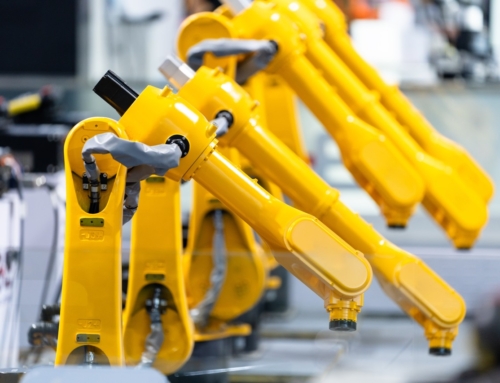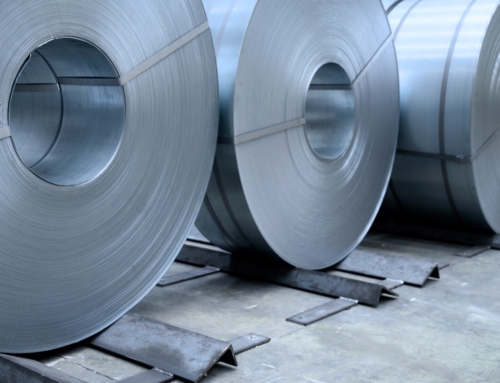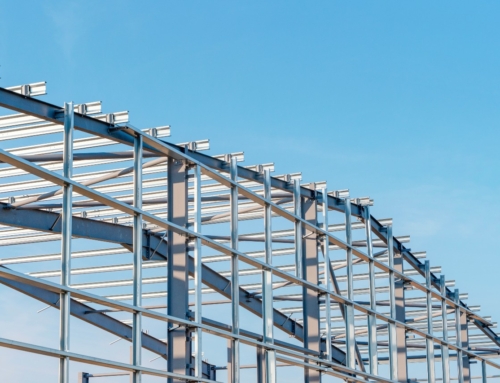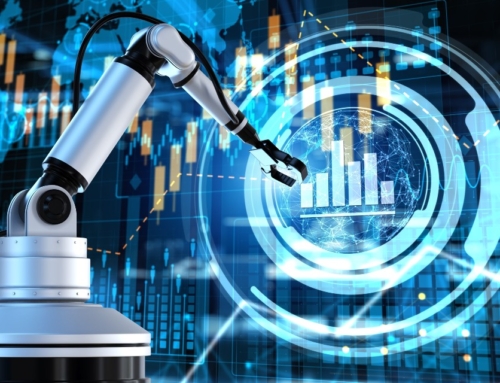Metalwork and sustainability: Ferrero Industrial’s commitment
The importance of integrating sustainability in metalwork processes
Sustainability in metalworking is an increasingly important issue in the industrial sector. The conscious use of resources, the reduction of waste and the optimisation of production processes are key elements for a more environmentally friendly and responsible industry. The adoption of advanced technologies such as laser cutting with low environmental impact or high precision robotic welding can also contribute and make processes more sustainable, reducing CO emissions, increasing safety at work and optimising production efficiency. Ferrero Industrial has decided to invest in continuous improvement, both from the qualitative and environmental, ethical and social point of view, obtaining, over the years, various environmental and quality certifications.
In this article we will explore the fundamental principles of sustainable metal carpentry, the importance of custom design and Ferrero Industrial’s concrete commitment to sustainable manufacturing.
What is meant by sustainable metalwork
By “sustainable metalwork” we mean a set of practices, technologies and materials used in the construction of metal structures that respect the principles of an eco-friendly production and circular economy. It is not just about building with metal, but doing so in a way that reduces the environmental impact at every stage of the production process: from the choice of raw materials, to design, to the construction and management of end-of-life products. The basis of sustainable metal carpentry is the use of recyclable materials such as steel or aluminium, which can be reused infinitely without losing its mechanical properties. This can help to limit the consumption of new natural resources, reduce CO emissions and lower disposal costs.
In addition, sustainability in this sector is achieved by means of production techniques that are highly energy efficient and have a low environmental impact. More advanced companies use plants powered by renewable sources, reduce waste through precision laser cutting, and employ advanced digital design software to optimize the use of resources. Another fundamental aspect is the durability of metal components and structures, which, if made with high-quality and resistant materials, guarantee a long life, requiring less maintenance, and therefore less material consumption, less energy and fewer emissions.
Committing to a more sustainable production in the metalworking sector also means limiting waste, thanks to the optimization of processing waste and a low consumption of raw materials, but also paying attention to energy efficiency, for example, by adopting low-consumption machinery, energy recovery systems and renewable sources to reduce the environmental impact of industrial processes.
The importance of planning and scheduling for sustainable production
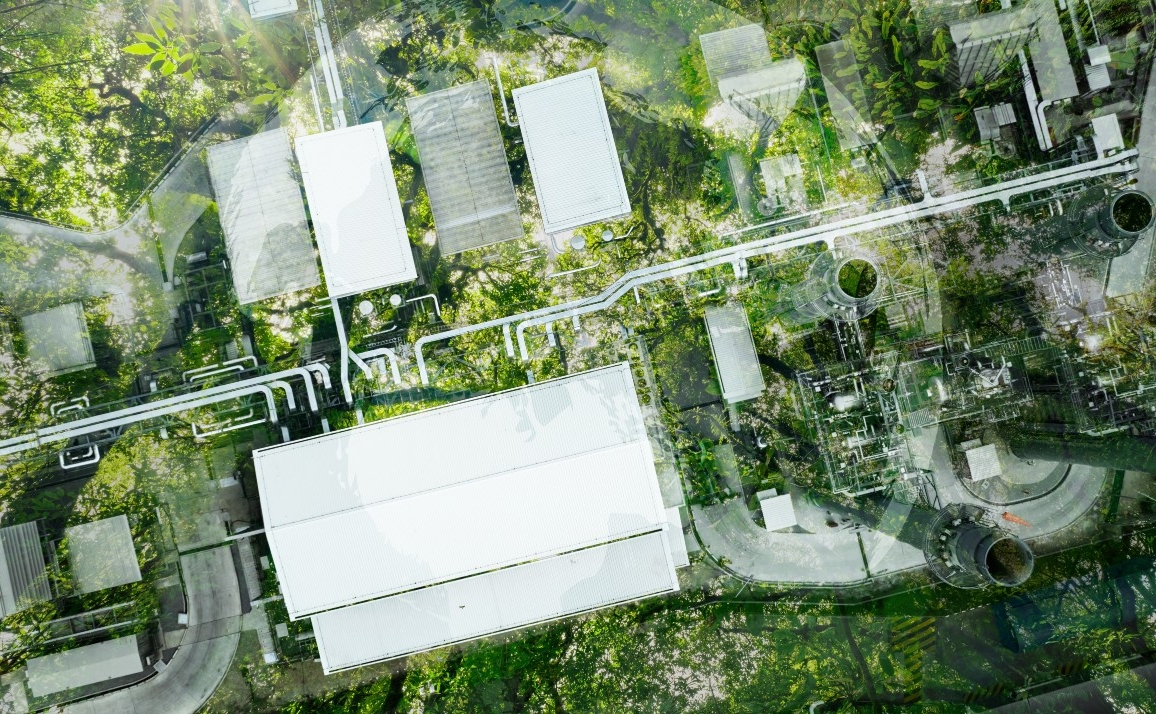
Careful planning of the operations to be carried out, as well as the logistics of incoming and outgoing materials, significantly reduces the environmental impact of those involved in sheet metal processing and, in general, the construction of metal structures and industrial metal fabrication. The use of advanced management software is essential to accurately and consistently monitor workflows, suppliers, raw materials and all parameters necessary for efficient operations. This allows not only to respect the established deadlines, but also to avoid errors that could result in waste of material, time and energy.
Custom design also plays a central role in sustainability. Efficient design allows for:
- optimizing the use of resources, maintaining high structural standards;
- simplifying assembly operations, reducing costs and assembly time;
- incorporating techniques such as prefabrication, ensuring that work on site is reduced and surpluses limited.
A well-calibrated project makes it possible to produce components and structures that are light, efficient and ready to be reused or recycled, thus contributing to a truly sustainable supply chain.
Innovative technologies to make metal carpentry sustainable
The adoption of advanced machinery and digital solutions is now a key factor for sustainable metal carpentry. The integration of automated systems allows to optimize energy consumption, while improving the quality and precision of machining. Thanks to digitalization and the interconnection between machines, it is also possible to collect and analyze data in real time, allowing you to quickly identify faults or inefficiencies and optimize workflows. This approach, typical of Industry 4.0, not only reduces the margin of error, but also ensures higher productivity with lower energy consumption.
The use of advanced technologies such as high precision laser cutting and robotic welding enables more efficient results, reducing material waste. In addition, the integration of intelligent sensors into structures allows constant monitoring of operating conditions, optimizing resource consumption and improving overall plant management.
Another significant step forward is 3D printing for metals, which is revolutionising the production of components, making it possible to produce complex shapes with a precision never seen before, minimising waste and reducing material use. Thanks to these innovations, metal carpentry can evolve towards a more efficient production, reducing the environmental impact and paving the way for cutting-edge technological solutions that combine performance and sustainability.
Ferrero Industrial’s commitment to sustainable metalworking

Ferrero Industrial is actively committed to sustainable metalworking, adopting a strategy that integrates environmental sustainability, human well-being and technological innovation. The company assumes its social responsibilities with constancy and rigour, demonstrating a concrete commitment to safeguarding people and the environment with reference to the SA8000 Standard issued by the Social Accountability International (SAI) and the ISO 14001 Standard for environmental protection.
Operating with a low ecological footprint, the company adopts strategies aimed at reducing the environmental impact through actions of resource conservation, protection of ecosystems and efficient waste management. It is particularly attentive to the efficient use of energy and resource supply, choice of materials and processes, reduction of CO2 consumption and design of products that take into account reuse and recycling.
As proof of its commitment to a sustainable approach, Ferrero Industrial has recently obtained the ESG certification with score “A – Excellent” which testifies its being fully in line with national and international best practices, meeting the most advanced sustainability standards. The company also constantly invests in cutting-edge production technologies to produce a wide range of products, including components for commercial vehicles, custom metal structures and accessories for telehandlers. The use of 3D printing, advanced robotics and intelligent management systems allows to ensure production efficiency, precision in processing and at the same time a more responsible use of resources.
Thanks to this integrated vision, Ferrero Industrial stands out in the field of sustainable metal carpentry, demonstrating that innovation, quality and respect for the environment can coexist and become an added value for the future of the industry.
If you need more information and want to know more, contact us!


